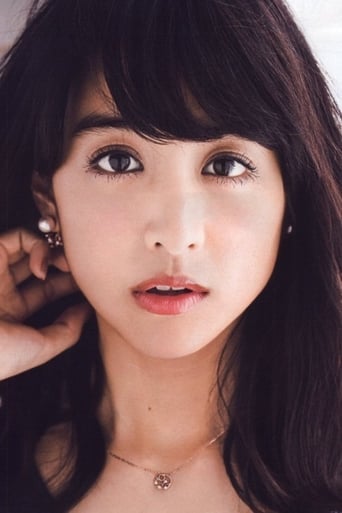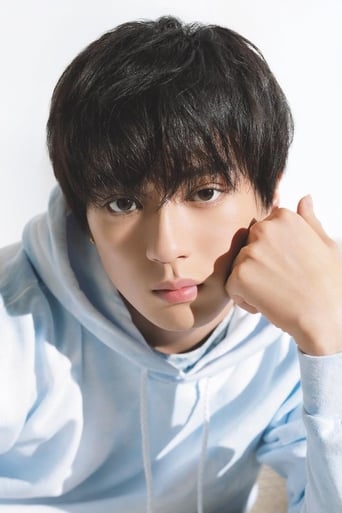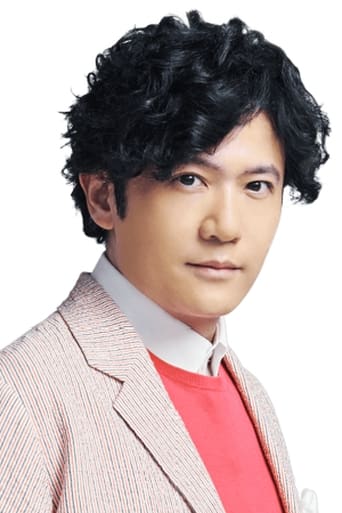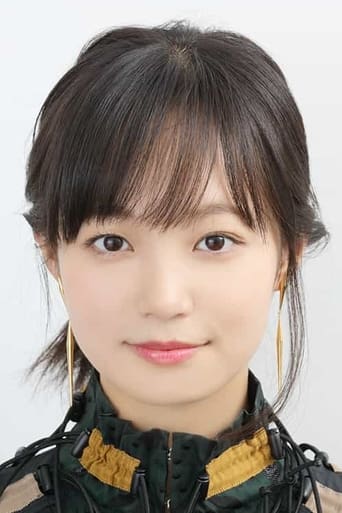evemas-am
I found this movie to be quite unique with a delicately intricate plot which I believe deserves as much credit as well-known movies such as Hirokazu Koreeda's "Like Father Like Son" and "After the Storm" or Keiichi Hara's "Colorful", with the difference that this movie is from the point of view of a female high school student who is just about to the enter the world outside the school's society and experience new things in relation to her gender. The movie goes through matters that we all have in mind or have gone through in such an age through the most realistic and adult-like standpoint. But that does not make it only suitable for teenagers or young adults. I would recommend this movie to any audience. ( of course, not children.)
Philip Cummins
Night's Tightrope is a coming of age film revolving around two female friends, the former Kendo champion Atsuko (Mizuki Yamamoto) who is no longer able to compete due to an injury, and the quiet and withdrawn Yuki (Tsubasa Honda) who had recently been spending most of her time writing. It is adapted from the novel "Girls" by Kanae Minato, who also did "Confessions" and directed by Yukiko Mishima. If you have seen "Confessions" this is a pretty good idea of how dark the subject matter can get.Atsuko, having fallen from grace with her injury is subjected to bullying by her fellow students who take sadistic enjoyment in telling her to die - the failure to fit into societal norms through no fault of her own means she is now an outcast. Her friend Yuki seems more concerned in writing the titular novel than assisting her, however she still keeps her company during school despite peer pressure.However, the theft of Yuki's novel by her homeroom teacher who then wins an award after submitting it for publication triggers Yuki down a dark path. She accesses her teacher's laptop and reveals online he was having an illicit relationship with a student, and is subsequently dismissed overnight and later commits suicide by jumping in front of a train.Atsuko, who had been concerned about the changes in her friend Yuki deduces she was responsible but can't bring herself to confront her about it - the normally quiet Yuki has developed a morbid fascination with death which isn't helped with her new boyfriend Makise (Mackenyu), whom Yuki meets at a library while angrily destroying a review of her novel.After school finishes the formerly close friends split up over summer. Atsuko decides to work at an aged care home and meets the disgraced worker Takao (Gorou Inagaki) while Yuki decides to assist at a hospital for terminally ill children and strikes up a friendship with two young boys who are patients in the hopes of seeing someone die.There's other subplots in the film however the primary one besides the friendship of the two main characters is karma and redemption. Every action has a karmic reaction as seemingly unrelated events are show later to be linked in one way or another, leading to the finale in the film. Adults generally are shown to be selfish, unreliable and treacherous and are directly responsible for the reason why the youth are so disillusioned with society in general. However, our characters are able to redeem themselves by the end of the film through reconnecting with each other, showing despite societal adversity they still have each other that they can depend upon.I can't say I'd recommend this film for casual watching due to the subject matter however it's worth watching, particularly if you have seen Confessions or can appreciate the subtleties in Japanese culture. Director Yukiko Mishima herself mentioned she picked this novel from Kanae Minato specifically to be adapted due to her own personal experiences, and also mentioned the contrast of the normally happy Tsubasa Honda and Mizuki Yamamoto was particularly challenging for them to accomplish.In a sense the film offers hope (like the titular novel, written by Yuki) to people who feel they are worthless or undeserving to live that this is a choice; that you are connected more than you realise to everyone else and that you have to reach out in order to step forward in life despite how bleak it seems at the time and that your perception of what is real may not be as clear as what others would see.





